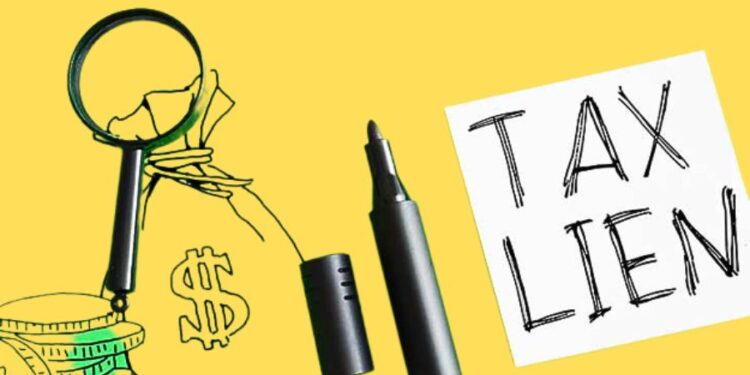Tax lien investing is an intriguing and lesser-known avenue for individuals seeking to diversify their investment portfolio and potentially generate substantial returns. While it may not be as widely discussed as traditional investment options, tax lien investing offers a unique opportunity to capitalize on the delinquent property tax payments of others. In this microblog, we’ll explore the fundamentals of tax lien investing and shed light on its benefits and considerations.
Tax lien investing involves purchasing liens on properties with unpaid property taxes. When property proprietors fail to pay taxes, local governments place a lien on the property to recoup the outstanding amount. Governments offer tax liens for sale to private investors to facilitate the collection of these unpaid taxes. By investing in these liens, individuals can earn interest on delinquent tax payments.
One of the primary advantages of tax lien investing is its relatively low barrier to entry. Unlike traditional real estate investments that often require substantial capital, tax lien investing allows individuals to participate with smaller amounts. This accessibility makes it an attractive option for those who wish to enter the real estate market but lack significant funds.
Additionally, tax lien investing offers the potential for high returns. Investors who purchase tax liens typically earn interest on the unpaid tax amount. Depending on the jurisdiction and competition, this interest rate can range from modest to quite substantial. In some cases, investors can earn interest rates in double digits. Moreover, suppose the property owner needs to repay the tax lien within a specified redemption period. In that case, investors may have the opportunity to foreclose on the property and acquire it at a significantly discounted price.
However, it’s essential to approach tax lien investing with caution and due diligence. Researching the local laws and regulations surrounding tax liens is crucial before making investment decisions. Each jurisdiction has its rules and redemption periods, determining the timeframe within which the property owner can repay the tax lien. Understanding these intricacies can help investors make informed choices and minimize risks.
Furthermore, investors must assess the condition and marketability of the underlying properties associated with tax liens. While the potential for acquiring properties at discounted prices is an enticing prospect, evaluating the property’s location, condition, and market demand is essential. Conducting thorough inspections or consulting professionals can provide valuable insights into the property’s viability and potential resale value.
Another aspect to consider is the possibility of delinquent property owners redeeming the tax liens within the redemption period. If the property owner fulfils their obligations, investors receive their initial investment plus the accrued interest but lose the opportunity to acquire the property. Therefore, investors must be prepared for this outcome and have alternative investment strategies.
In summary, tax lien investing presents a unique opportunity for individuals looking to diversify their investment portfolio and potentially earn attractive returns. With its low entry barrier, high interest rates, and the possibility of acquiring properties at discounted prices, tax lien investing can be an intriguing option.
However, thorough research, understanding local regulations, and careful property evaluation are vital to mitigate risks and make informed investment decisions. Individuals can explore a lesser-known path to financial growth and expansion by approaching tax lien investing with knowledge and diligence.


















